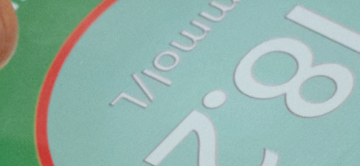This article was published in TSE science magazine, TSE Mag. It is part of the Autumn 2024 issue, dedicated to health. Discover the full PDF here and email us for a printed copy or your feedback on the mag, there.
Despite their startlingly healthy, communal and low-tech lives, the Tsimane seem just as likely to get depressed as Americans. Writing in Wired, Manvir Singh used research by TSE and IAST colleague Jonathan Stieglitz to challenge popular ideas about mental health.
The Tsimane live in small villages where family is everywhere, food is shared, and interactions are face to face. Internet and electrical devices are extremely rare. But physical activity and interdependence, which are supposed to improve well-being, appear to make the Tsimane more susceptible to depression. Productivity depends so heavily on physical exertion and tight-knit social bonds that any rupture can be devastating. Accordingly, two of the things that most accurately predict Tsimane depression are bodily injury and social conflict. New technologies may turn Westerners into stay-at-home loners, but they also insulate us from the stresses of pre-modern life.
Author
- Manvir Singh



